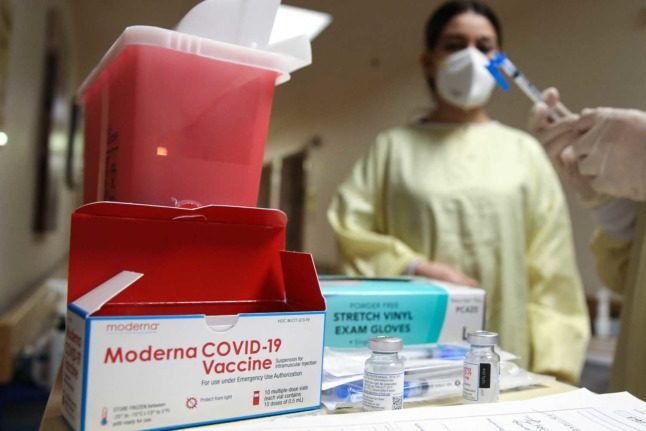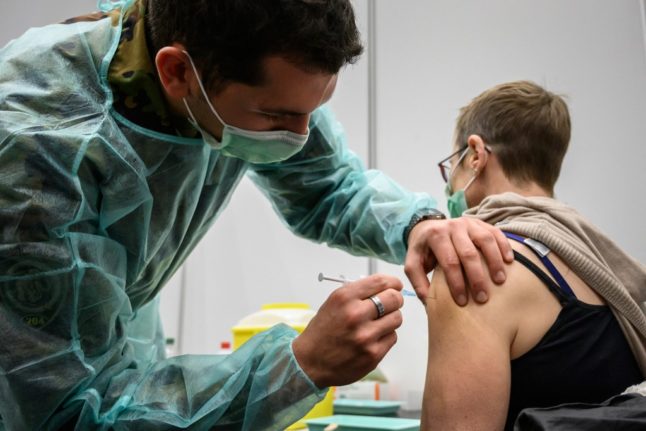Switzerland is using the two-dose Pfizer-BioNTech and Moderna vaccines, administering the doses four weeks apart. Government statistics showed that 50.1 percent of the population — 4,311,432 people — had received both injections.
A further 5.63 percent are partially vaccinated, having received their first dose.
People who have recovered from the virus within the last six months and have had one dose are also certified as fully vaccinated, but they are not yet counted as such in official statistics.
Switzerland, which is not a member of the European Union, was the first country in continental Europe to start using the Pfizer-BioNTech jab.
Half the EU population had been fully vaccinated by August 3, according to an AFP tally. The Swiss vaccination rate has peaked and slowed off.
READ MORE: Which Swiss cantons are already offering Covid booster shots?
Some 2.14 million doses were administered in May; 2.42 million in June; 1.39 million in July, and 772,000 in the calendar month to Monday.
The vaccines are available to people aged 12 and over. Though the death rate is now very low, the number of daily new cases is rising towards the level seen in the third wave of the pandemic in April.
At the end of June, Switzerland lifted many of its remaining Covid-19 restrictions.
However, given the rapid spread of the more transmissible Delta variant of Covid-19, the government last week decided to maintain the remaining measures such as wearing masks on public transport.
The Swiss Covid scientific task force’s president Tanja Stadler told a press conference in Bern that the number of new daily hospitalisations had doubled three times in a month.
“If three more doublings take place, we will be at the same level as the peak of the second wave,” in late 2020, she said.
“The Delta variant is so contagious that we have to count on the fact that each unvaccinated person will come into contact with SARS-CoV-2 and will be infected.”
Nearly 741,000 positive tests have been registered in Switzerland, while the pandemic has claimed 10,372 lives in the wealthy Alpine country.



 Please whitelist us to continue reading.
Please whitelist us to continue reading.
Member comments